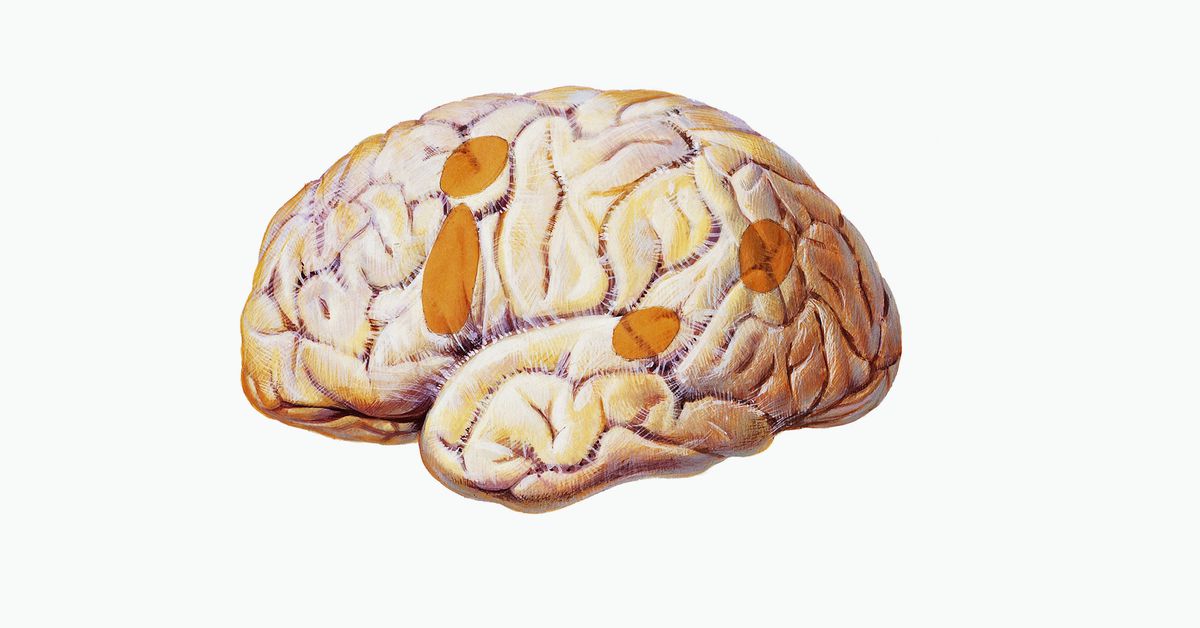About average
+ Human history as a hypothetical 1000-page-book, Fear and Wonder, and more (#435)
Welcome to issue 435 of the Weekly Filet. This is David, your diligent, (hopefully) non-average curator. It's great to have you. Let's jump right in.
1. The age of average
Coffee shops and skylines. Cars and book covers. People, flats, logos. Why is everything becoming more and more similar? «Perhaps when times are turbulent, people seek the safety of the familiar. Perhaps it’s our obsession with quantification and optimisation. Or maybe it’s the inevitable result of inspiration becoming globalised.» If you don't feel like reading the whole thing, make time for the wonderful anecdote in the introduction.

2. A Mind-Expanding Conversation About Human History and Happiness With Tim Urban
If you, like myself, have loved and devoured those ultralong Wait Buy Why explainers in the past, you might have noticed it's been quiet for a while. It's because Tim Urban has been writing a book, which is out now. This is an interesting conversation about one of the key ideas from the book — looking at human history as a hypothetical 1000-page-book.

3. What Is ChatGPT Doing … and Why Does It Work?
I'm sure you've heard the argument that all artificial intelligence is really doing at this point is «guessing what the next word in a series of words will be». In a way, it's hard to argue against, because that is literally what GPT is doing, and yet that process generates astonishing results. How come? For an answer, look no further than this excellent in depth explainer by Stephen Wolfram, one of the key early figures in artificial intelligence. It's a good 1.5 hour read, but if you're into language and technology, it's so worth it. His answer, in a nutshell: «Language is at a fundamental level somehow simpler than it seems»

More excellent reads my collection: Making Sense of Artificial Intelligence



